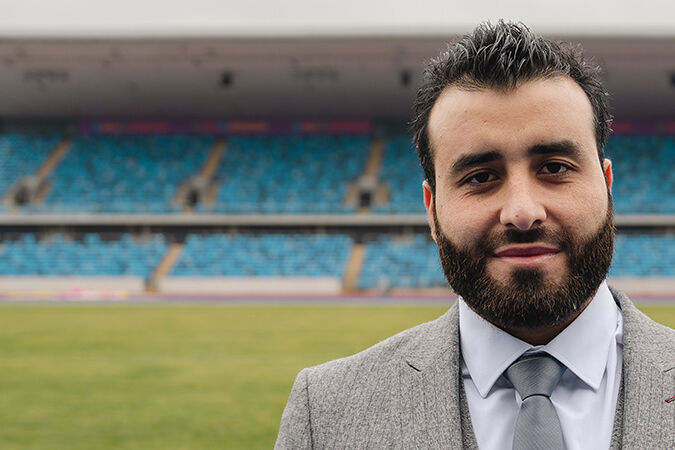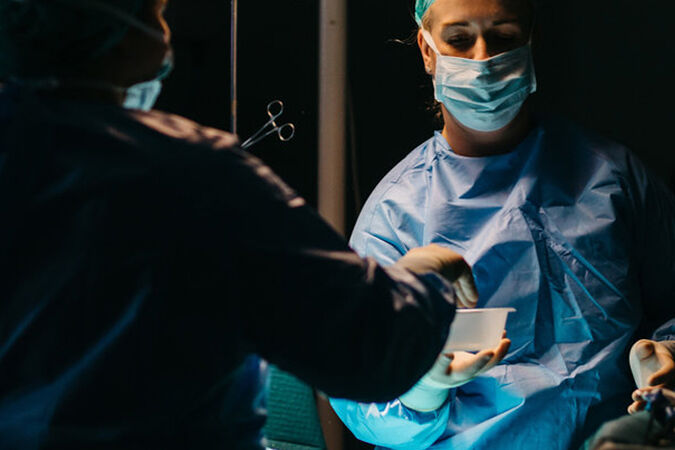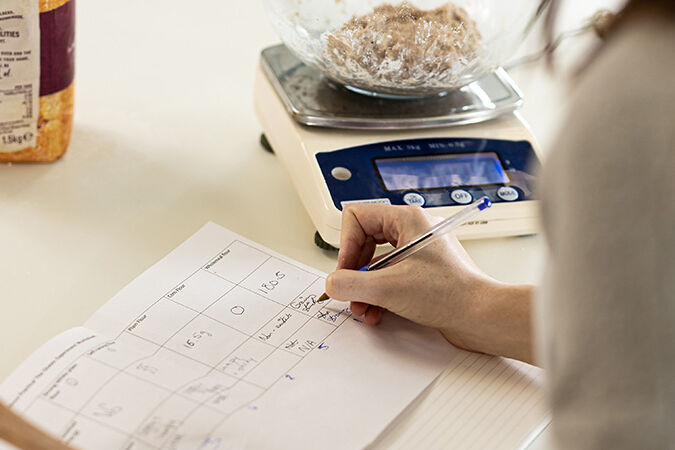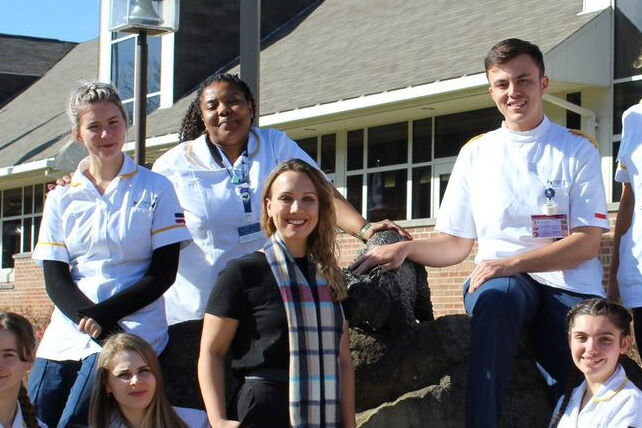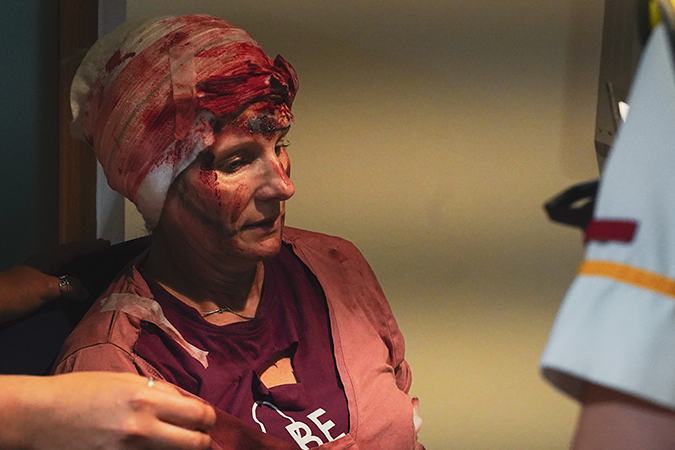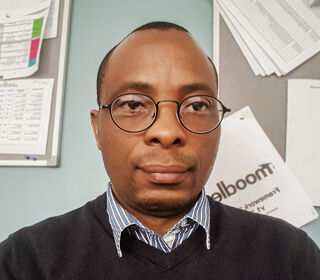
Blog

Dr Olatunde Aremu works as a pharmacist and health economist alongside lecturing, meaning he brings relevant industry experience into the classroom. We spoke with Olatunde about his career, what studying at the School of Health Sciences is like and advice he has for budding healthcare enthusiasts.
What do you do at BCU and how long have you been part of the University?
I am Dr Olatunde Aremu, a pharmacist, a health economist and currently a senior lecturer and programme leader on the Master of Public Health (MPH) course. I joined the University in 2015 after a career as an assistant professor working on an EU-funded project at a university in London.
Could you tell us about your experience and how this feeds into your teaching?
Over the years my teaching has been shaped by the research that I have conducted. I continue to use my academic knowledge and my research skills to inspire the next generation of public health practitioners.
What makes the course you teach distinct and what is the learning environment like?
Public health by its very nature is an umbrella term. This is because it has several areas which allow students from different academic backgrounds and diverse cultures to come together to learn. For example, our epidemiology, evaluation, and statistics module teaches students how to analyse causation and distributions of diseases of global health importance which are shaped by geographical location. The learning environment is supportive and balances the needs of every learner.
What can students do to help prepare them for the course you teach?
Our programme is an applied course and touches every sphere of our daily life. So, to do well, students need to develop an interest in what is going on within the population and within their community. Students should read about how governmental policies, food, diseases, and the environment can impact our health.
Health Sciences research
Find out more about our the research our school does
